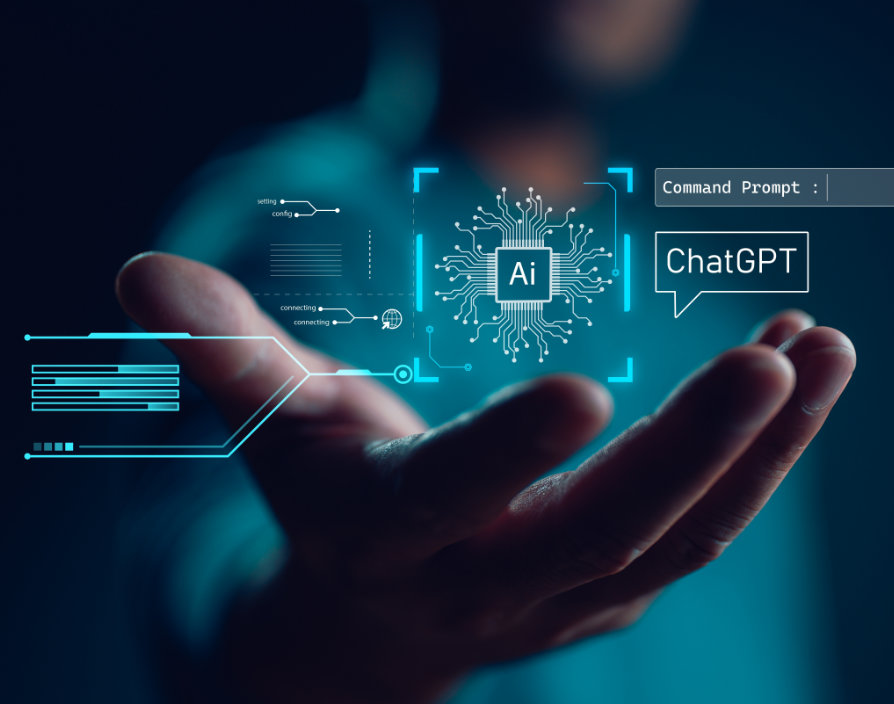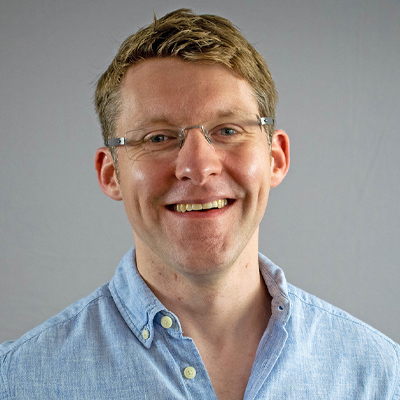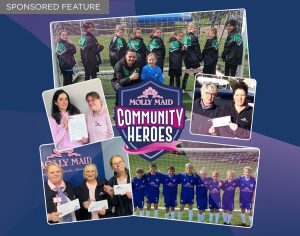I wonder if we’ll look back on the current era and ask whether ‘Artificial Intelligence’ (AI) was the bubble. Not because I don’t believe in the transformational nature of the technology but because there are an awful lot of people talking a load of nonsense about things which are merely predictions.
In the 18th Century it was the South Sea Company; In the 1980s it was Japan; In the early 2000s it was all about Dot Com; In 2008 it was the US Housing Market; And now AI. You might think this is a strange thing for me to write, as a person who has given talks all over the world on data and AI.
But, as the 2009 Formula One World Champion, Jenson Button, once said: “Be on the right tyres at the right time.” In other words, the process of trying to predict the future, which for him and other racing drivers is all about forecasting weather conditions, is nothing short of a gamble and one that rarely pays off.
Yes, AI can do amazing things and is deeply exciting. Doctors are using AI to spot signs of tumours which the naked eye cannot see. AI has helped to speed up Covid vaccines and is assisting cutting edge industries all across the globe.
The problem for franchisors is that we are not at the cutting edge of science and technology. Sure, you can use ChatGPT to help create ideas for social posts. You can also ask AI chat bots to help answer customer questions. But, beyond that, the chances are it probably isn’t the right time for your brand.
And it certainly isn’t the right time if the basic elements of customer services and data collection are not where they need to be. Sometimes, however, AI can really help, and I have to admit that a few weeks ago I used it in a way I had never done before.
For the last four years, I have been one of a number of volunteer executives at the International Swim School Association. Our aim is to teach the world to swim and, in doing so, save five million lives over the next 10 years.
Two wonderful people called John and Sally Coutts from Sydney, Australia, set up a foundation. They were serious about giving back to the swim school industry, which had been so good to them over the years. Their foundation funded a Think Tank in Dubai where 12 people from seven countries came together for three days to discuss the topic of saving lives.
We decided to create a tool kit which anyone, anywhere in the world, could use when starting a swim school. This tool kit is designed to teach people to swim at an acceptable international standard.
It was quite a task: We had to create operational plans, curriculums, lesson plans, teacher qualifications, and build a website, plus an entire infrastructure to deliver this electronically.
I am not going to moan about escaping the UK winter to get some warmth in the United Arab Emirates. But, let me tell you, this was three days of non-stop work which lasted into the early hours in order to pull this off. And it would have been many more days had it not been for AI.
For the first time in my career, AI was the tool for the job. We used it to ingest multiple operating standards and policies from around the world, allowing us to summarise the points that we had agreed on.
We used it to set a tone of voice and harmonise large volumes of documents. We even used it to create imagery for the launch event. It wasn’t perfect and, at times, required a lot of cajoling to get the result we needed. However, there is no doubt in my mind, it was the 13th member of our team.
Before the start of the Think Tank our facilitator, Tim Ford, asked us to write down our feelings about the project. I remember saying that this was a very heavy lift that would require monk-like discipline. And I added that I often struggle to celebrate success.
Standing on stage, when launching this work to the global swim school community, was a surreal moment. It wasn’t until the flight home did the magnitude of what we had achieved sunk in. This project has potential to make a genuine impact for millions of lives.
I guess, on this occasion, the number 13 was lucky for us. And here’s a message to our 13th team member, Artificial Intelligence: ‘Nice work, thanks. Without you, none of this would have happened’.
If you would like to find out more about this amazing project, please click here.


































